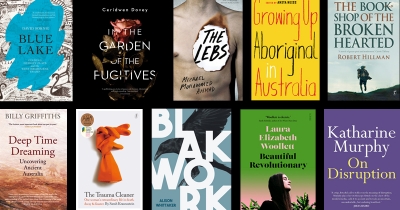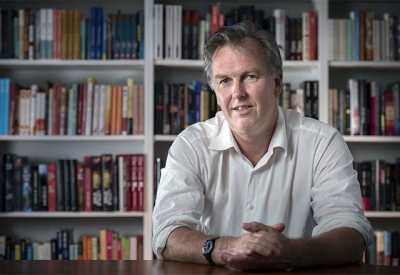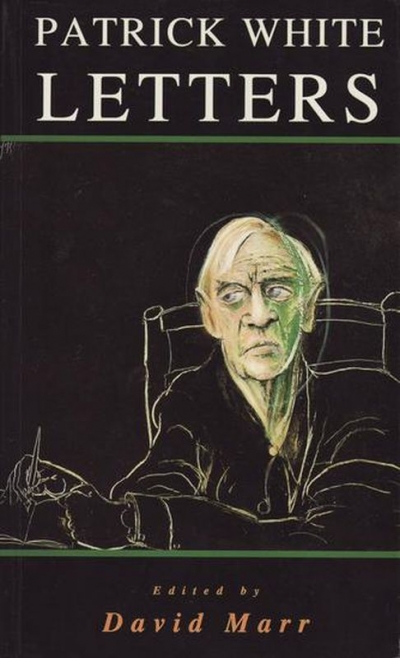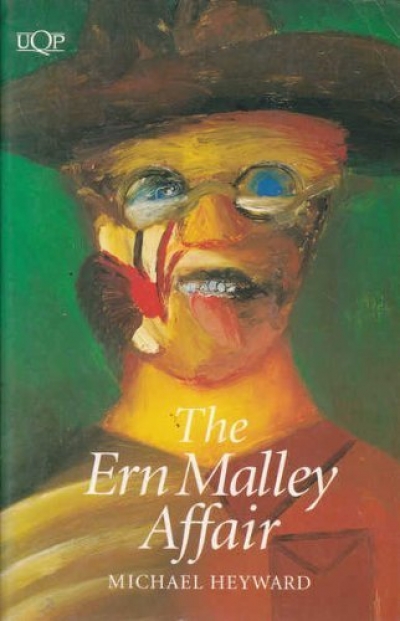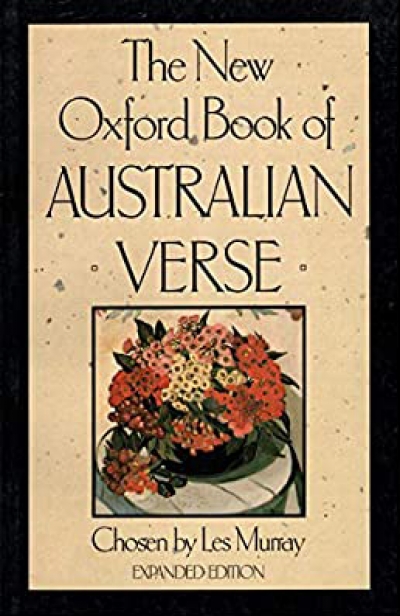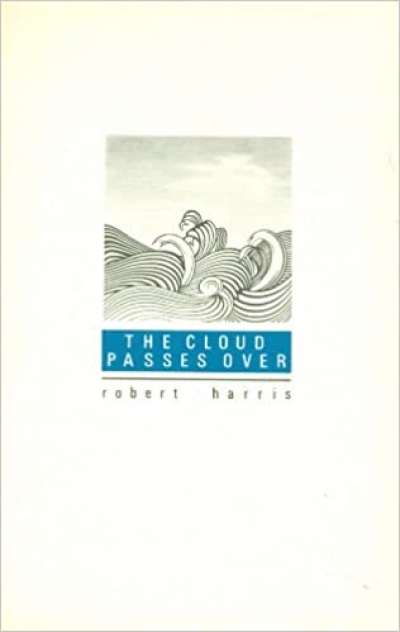Michael Heyward
To complement our ‘Books of the Year’ feature, which appeared in the December 2018 issue, we invited some senior publishers to nominate their favourite books of 2018 – all published by other companies.
... (read more)To complement our 2017 ‘Books of the Year’, we invited several senior publishers to nominate their favourite books – all published by other companies.
... (read more)In 1979, when I was twenty, I took Vincent Buckley’s poetry seminar at Melbourne University. He introduced us to the work of the Northumbrian poet Basil Bunting, by then in his late seventies. That summer I went to Britain in pursuit of Bunting. In Newcastle I knocked on the door of Bloodaxe Books and explained my mission to Neil Astley, the publisher. It was the first publishing office I had ever been in. I thought: this is what I am going to do. Neil phoned Bunting and I caught a bus to the council estate where he lived. We talked until the light faded. My future had found me. After I came back to Melbourne, I set up Scripsi with Peter Craven.
... (read more)I’m fresh from Hannah Kent’s compelling, humane, and utterly convincing The Good People (Picador, 10/16). Kent completely inhabits her material. In this single nineteenth ...
... (read more)
